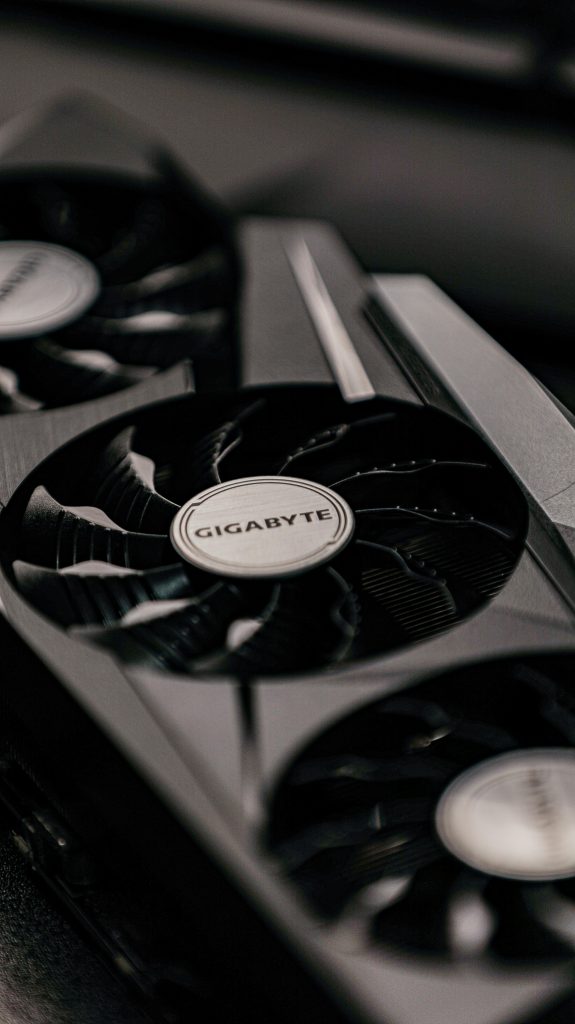Troubleshooting File Accessibility Issues on External SSD: Windows Sees Files as Corrupted While Mac Opens Them Fine
External storage devices are invaluable for data transfer and backup, but what happens when your files become inaccessible? Many users have encountered situations where an external SSD appears to malfunction on Windows but functions perfectly on a Mac. This discrepancy can be perplexing and disruptive, especially if critical data is involved.
In this article, we’ll explore a common scenario: an external Crucial X9 Pro SSD that refuses to open files on a Windows 10 PC but works flawlessly on a Mac. We’ll analyze potential causes and provide practical solutions to resolve such issues.
Understanding the Issue: Windows vs. Mac File Access Discrepancies
Symptoms Reported:
– Files on the external SSD are inaccessible or marked as corrupted on Windows 10.
– Attempting to open files causes the system to lag or become unresponsive.
– The same SSD and files are accessible without issue on a Mac device, specifically an M3 Pro in this case.
This situation suggests that the problem is not with the files themselves but likely with how the Windows system interacts with the external drive.
Possible Causes and Solutions
1. Filesystem Compatibility and Corruption
Often, external SSDs are formatted using filesystems like exFAT, NTFS, or APFS. While Windows natively supports NTFS and exFAT, MacOS can read/write to exFAT seamlessly but may require additional software for NTFS write capabilities.
Solution:
- Check the Filesystem Format: On Mac, right-click the drive and select Get Info to verify the filesystem.
- Run Disk Utility on Mac to repair the drive if needed.
-
On Windows:
-
Use Disk Management to check the drive’s status.
- If the filesystem is NTFS, ensure Windows has proper drivers installed.
-
If experiencing corruption, run CHKDSK:
bash
chkdsk /f /r X: -
Note: Be cautious, as improper use can cause data loss. Backup crucial data before attempting repairs.
2. USB Port and Connection Issues
As discovered, the root problem was linked to the USB ports: switching ports resolved the issue. USB port inconsistencies are a common cause of slow or unresponsive external drives.
Solution:
- **Test multiple
Share this content:



